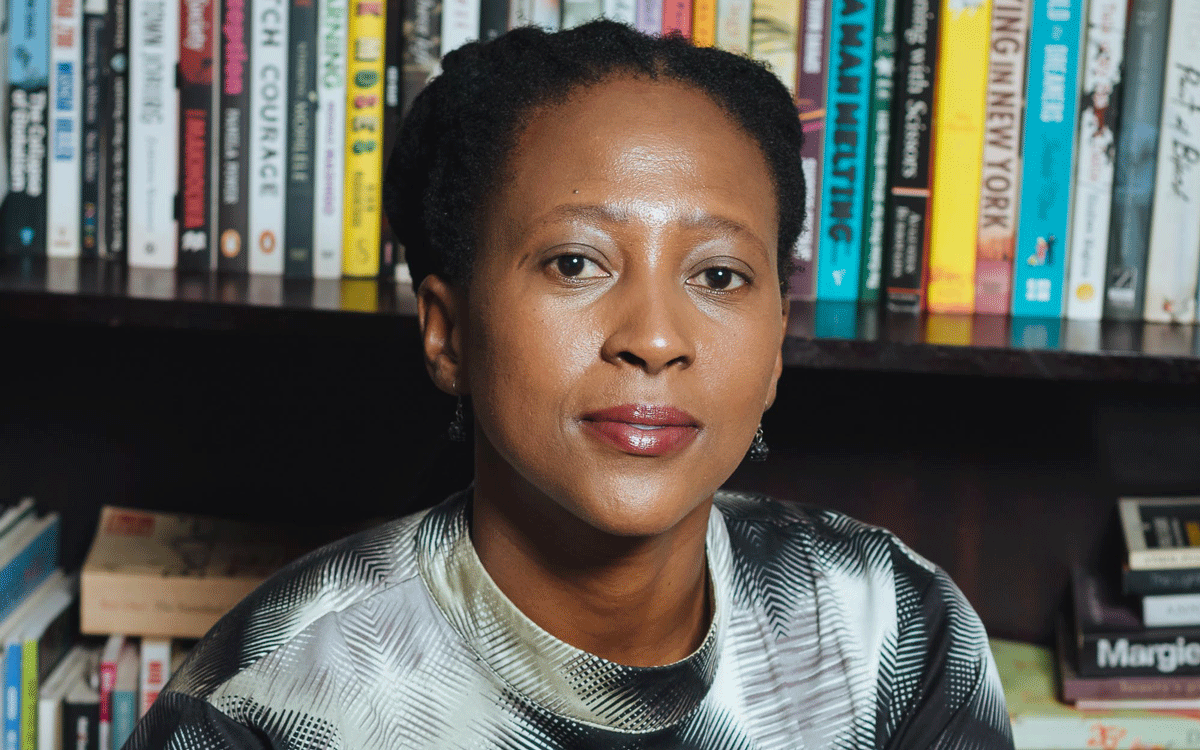
South African author, Nozizwe Cynthia Jele, has through the sheer power of her words been able to contribute in a major way to SA’s creative industry.
The growing impact of cultural and creative industries on South African socio-economic development cannot be underestimated.
Although still “undervalued, underdeveloped and underappreciated”, the creative economy is valued at R90bn creative economy and contributes almost 3% to the country’s gross domestic product (GDP).
Jele’s first novel Happiness Is A Four-Letter Word won the Commonwealth Writers’ Prize 2011: Best First Book, Africa region.
The book further boosted the industry when it was adapted into a film starring Khanyi Mbau, Mmabatho Montsho and Renata Stuurman, and exceeded the record-breaking R5,1million mark in its first ten days on the local cinema circuit.
Abroad, the film went to the international Cannes Film Festival. It is also the first South African film to be premiered on the United States’ Network, Aspire in 2017.
The awards won by this film include Lance Gewer’s Best Cinematographer Award (Movie/ TV Series) at the 2017 AfricaMagic Viewers Choice Awards.
Jele released her second novel The Ones With Purpose earlier this year. It deals with a family losing one of its members to cancer. Other themes of the book include alcoholism, family, and forgiveness.
Jele works full time as a director and is one of the partners at Enterpriseroom, a niche consultancy specialising in B-BBEE strategy and advisory, programme management and implementation of Skills and Enterprise and Supplier Development programmes.

In a Q&A, Jele shares her journey working within the creative industry.
How did your writing career begin?
The idea grew from the love of reading. I attended a short writing course on creative writing, produced a short story, and never looked back.
Happiness is a Four-Letter Word became a huge hit in South African cinemas. How did you land the contract for the book to be turned into a movie?
One of the film producers, Bongiwe Selane, got in touch with my publisher, Kwela Books, after reading the book and bought rights to adapt it into film. Producers then must raise money to cover the production costs.
What are the benefits of getting a book turned into a movie?
It helps to expose your work to new readers.
Did your money out of the movie, as well as the book being published?
Yes, I did get some income out of the movie and royalties from the book, but not a lot. Although Happiness is a Four-Letter Word grossed over R13 million at cinemas, the production costs were high.
Unfortunately, producers, directors, publishers and writers only got paid after the investors had recovered their costs and profits.
You said in an interview that your main objective is to build a bigger reader base in fiction. How is this going?
It’s work in progress. Writing stories where readers see themselves in, is one way of achieving this; representation is important. I make myself available to book clubs, reading groups and on social media.
Growing readers also means collaborating with writers and across other art disciplines and promoting each other’s work.
Any advice to aspiring authors?
Read a lot to get inspiration and then write.


